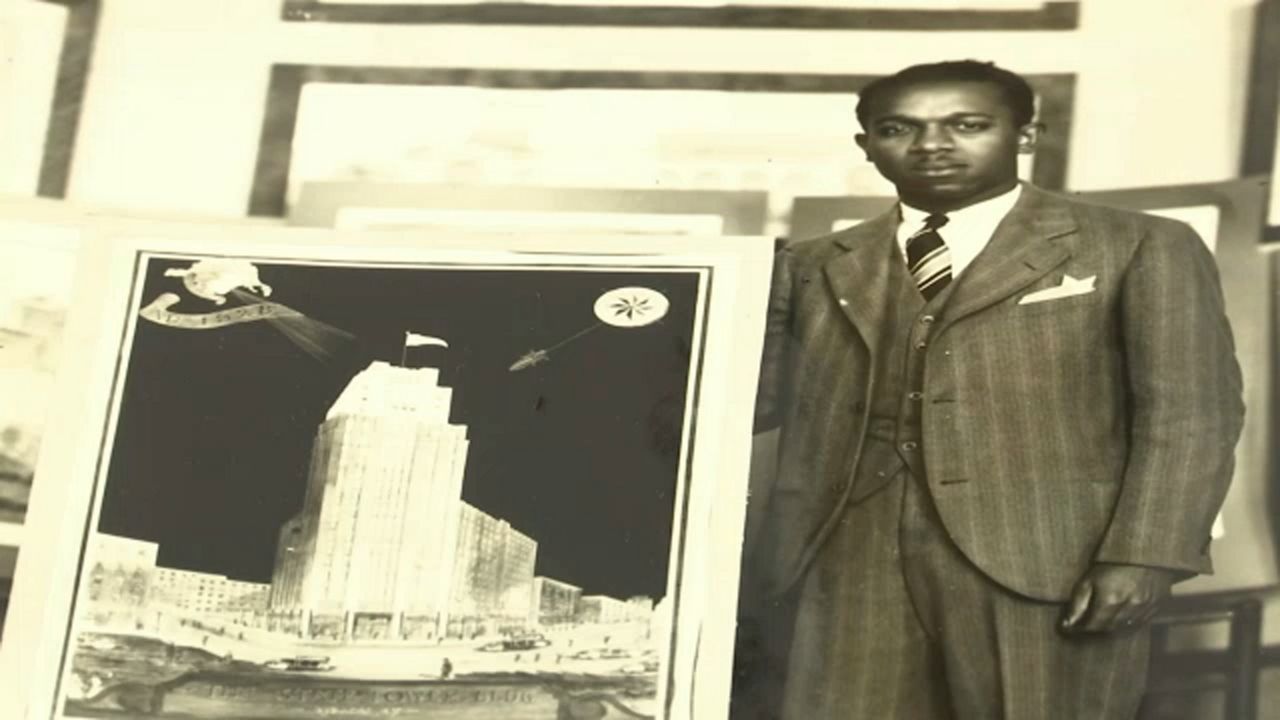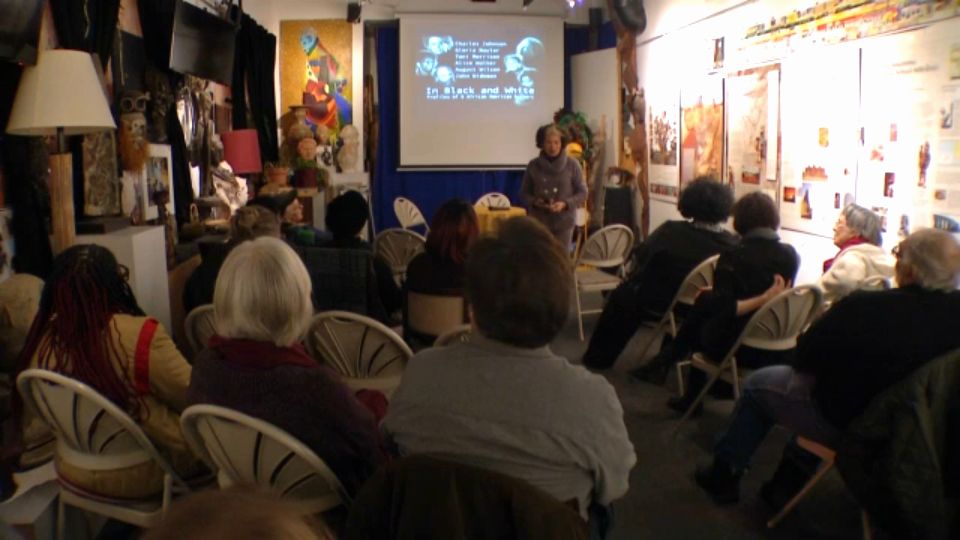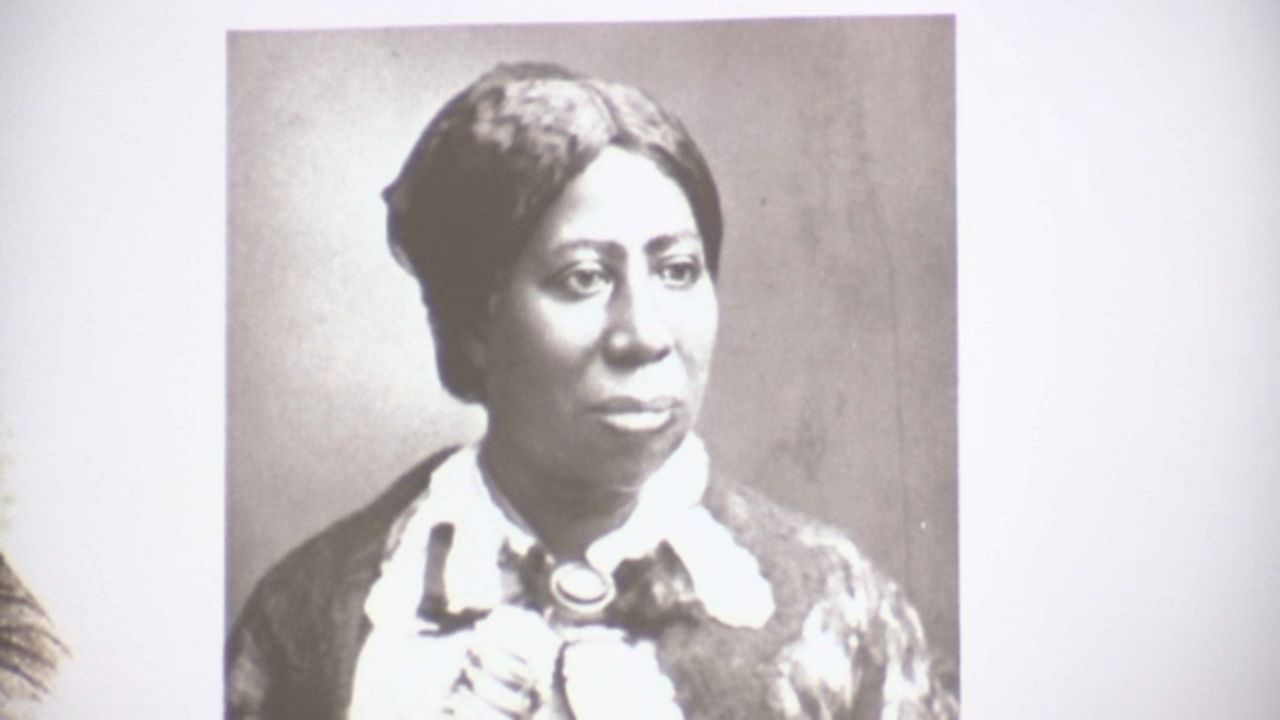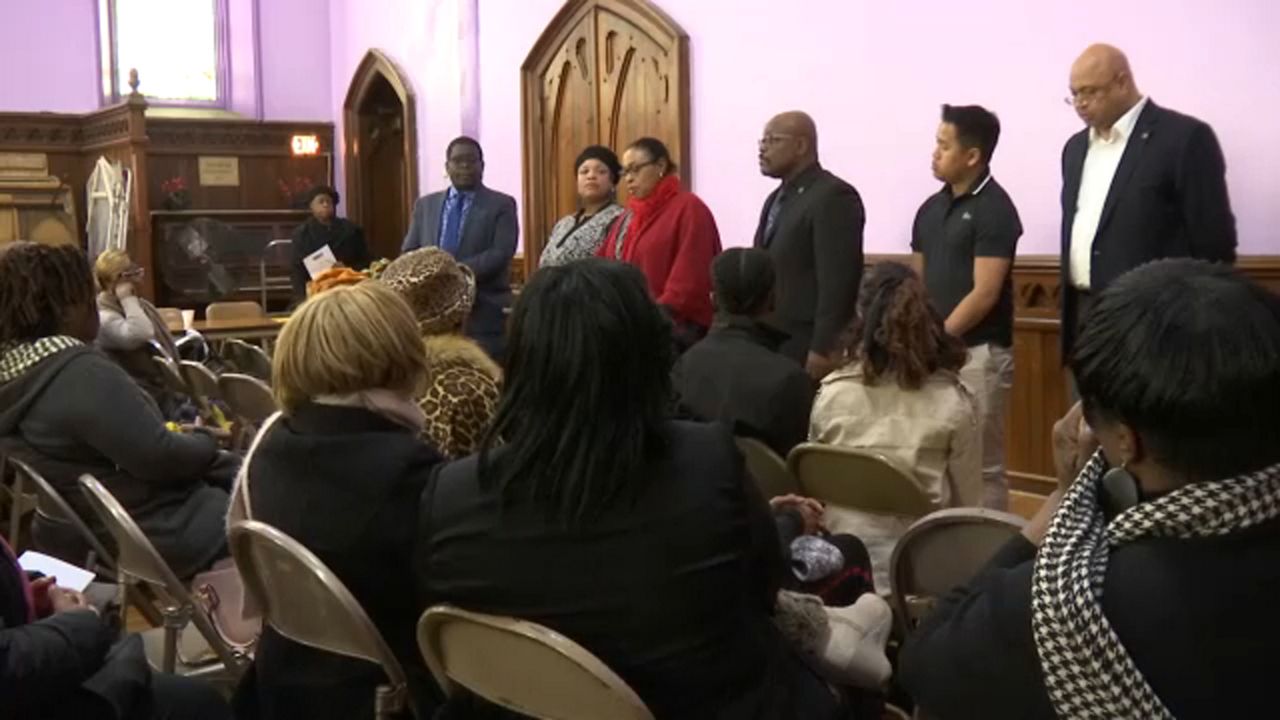By the early 1900s, the African-American community was growing in Rochester — and so were the number of local African-American women's social clubs and suffrage groups.
Some of those clubs were founded by Hester Jeffrey.
"The most well-known is probably the Susan B. Anthony club, named of course for the suffragists, and they were active in the suffrage movement among other things. She was also active in forming a couple of clubs for young African-American women and helping to ensure their education at the Mechanics Institute," said Christine Ridarsky, Rochester City Historian.
Hester Jeffrey moved to Rochester from Boston in 1891, the daughter-in-law of an affluent and prominent political activist.
Soon after moving here, Jeffrey began to work tirelessly to improve the status of African-American women.
She was also appointed to serve on the Frederick Douglass Monument Committee.
"She was very involved in fundraising for the statue that honored Frederick Douglass, which is now in Highland Park," said Christine Ridarsky.
There are traces of Hester Jeffrey's legacy in Rochester. The visitors center, located next to the Susan B. Anthony house, offers tours.
"When you mention Hester Jeffrey, people look at you like, who the heck is that," said Linda Lopata of the National Susan B. Anthony Museum and House.
Jeffrey is one of the many women who are introduced as part of every tour, a tour that includes a Museum display about Susan B. Anthony that shares quotes from suffragists.
One quote is by Hester Jeffrey from the eulogy she delivered at Susan B. Anthony's funeral.
"I think that they had a very close relationship. I believe that they were able to have those cross racial discussions and to work on things that both felt was very important," said Linda Lopata.
Hester Jeffrey died in Boston in 1931. Although there are few recorded accounts of Hester Jeffrey's accomplishments — the city historian says she was a woman who worked on all fronts to make sure that black women had an education and a say in their community at a time when they were discriminated against.
"There's still a long way to go and I think, if we look around our community today, it's still African-American women leading the way and advocating for their children and for their rights in this community. So I think she's someone who we should see as a role model for the work that's continuing today," said Christine Ridarsky.










